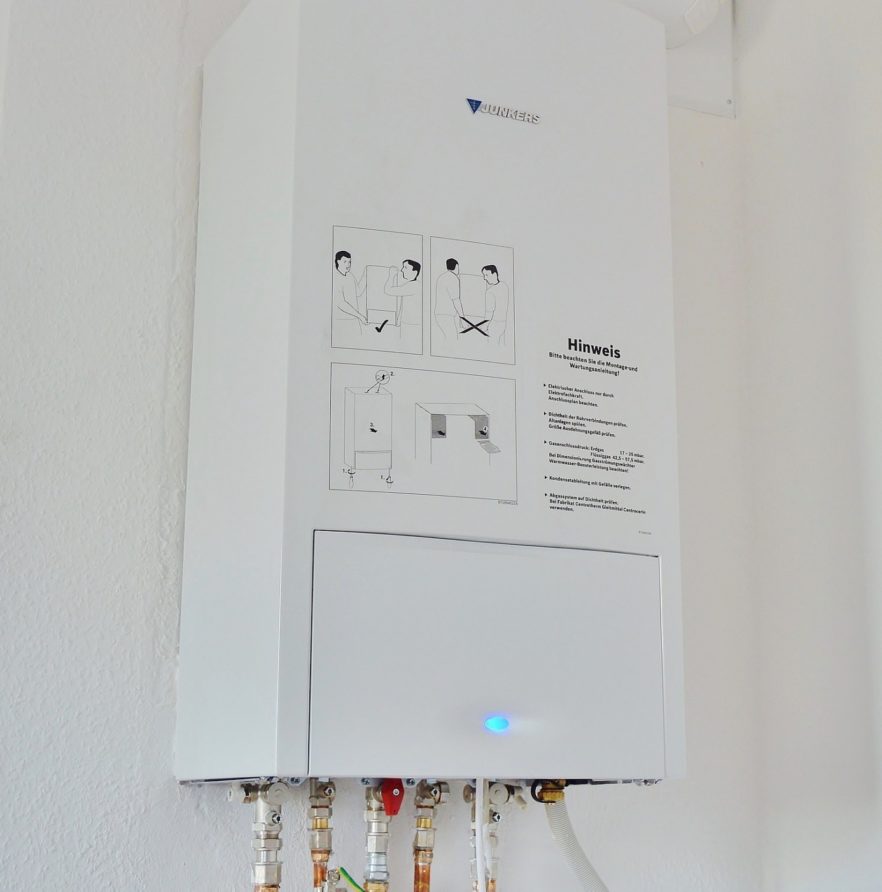Many agents can contaminate a water supply. Some of these agents include microorganisms, harmful chemicals, and metals from the environment. If you’re using water from a public utility, there’s a high chance that your water is not entirely safe. Therefore, the only way to enjoy better water quality is by choosing a suitable purification method and sticking to it.
This article is not limited to water filtration, however. It also covers other home water treatment appliances, namely water softeners and water heaters, answering frequently asked question like: How do they work? and Do I need one?
Common Home Water Treatment Appliances
There are different types of home water treatment appliances, and they all serve different purposes. Some are best suited for water contamination issues, while others work best for water hardness.
Here’s a list of water treatment appliances and how they work.
By the way, you can discover more about the many different types of home water treatment appliances at Water Masterz.
Water Softeners
Water is “hard” when it has a high amount of calcium and magnesium. Hard water is not the most convenient type of water to use. It affects home appliances like dishwashers and washing machines over time, and it can also cause skin and scalp irritations and make laundry more difficult.
Water softeners are used to soften hard water, and they are either salt-based or salt-free. Salt-based water softeners mainly rely on sodium to remove the extra minerals from hard water. They are very effective and many homeowners prefer using them.
Salt-free water softeners are also called water conditioners. They don’t remove calcium or magnesium from your water. Instead, they neutralize these minerals and prevent them from forming scales on surfaces.
Because salt-free water softeners do not require salt, they do not need the same level of maintenance as salt-based softeners. They may be more expensive at first, but they save you money in the long run because you won’t have to add large bags of salt or perform regular weekly maintenance. They also take up less space than salt-based systems.
You can also use shower head water softeners. They are integrated right into the shower head to ensure that the water does not contain water hardening minerals. Getting a shower head water softener is a cost-effective way to soften your water without having to install a whole house water softener. They’re easy to set up, but you’ll need to replace their cartridge filter every two months.
Water Heaters
A water heater stores and heats cold water coming from the water supply line. Apart from giving you hot bathing water, heaters can purify water to some extent by heating it long enough to kill some microorganisms.
The thermostat of a water heater regulates the temperature inside the tank. Most manufacturers recommend that the temperature be set between 120 and 140 °F (degrees Fahrenheit). Around that temperature, the water is heated enough to be useful in the home but not too hot to cause scorching.
Cold water is transported to the interior of the tank, where it begins to warm. The heating device remains on till the water reaches the desired temperature. As it heats up, the water climbs to the top of the tank, where the heat-out pipe is positioned. Because hot water rises above denser, colder water, the water leaving the water heater at the highest point is usually the warmest in the tank.
Water Filters
Water filters have become increasingly popular in many households, and it’s no surprise. Water filters are effective at removing contaminants and improving the taste and smell of drinking water.
There’re different types of water filters, and they work to remove different kinds of contaminants. Before buying a water filter, it’s best to run some tests on your water. Doing that will give you precise information on the nature of contaminants in your home and the kind of water filter you should get.
Whole House Water Filters
Whole house water filters are connected to the main water line of a house and filter all the water coming in. That way, you have clean water when you turn on any faucet in the house.
In addition, filtered water will be supplied to your dishwasher and washing machine protecting them from damage due to suspended particles like rust and sediment.
Under Sink Water Filters
An under sink water filter gets installed under your kitchen sink and is used to remove impurities from drinking water. There are different kinds of under sink water filters. Each type is made to eliminate a specific sort of contamination. Some have additional cartridges to remove foul odors and improve taste, while others merely remove floating particles. You can purchase an under sink filter based on your specific needs and the toxins in your water.
Water Purifiers
A water purification system uses reverse osmosis or distillation to purify water. These systems remove bigger and smaller solids by forcing the water through a semipermeable membrane. In a distillation process, water boils and then collected as steam.
The downside of water purifiers is that they remove everything from water, even essential minerals.
Pricing: Consider Your Budget
Price is an important factor to consider when picking a water purifier, filter, or any other kind of home water treatment appliance. The good thing is there are many treatment options out there, and you’re bound to find the one that meets your needs and suits your budget.





